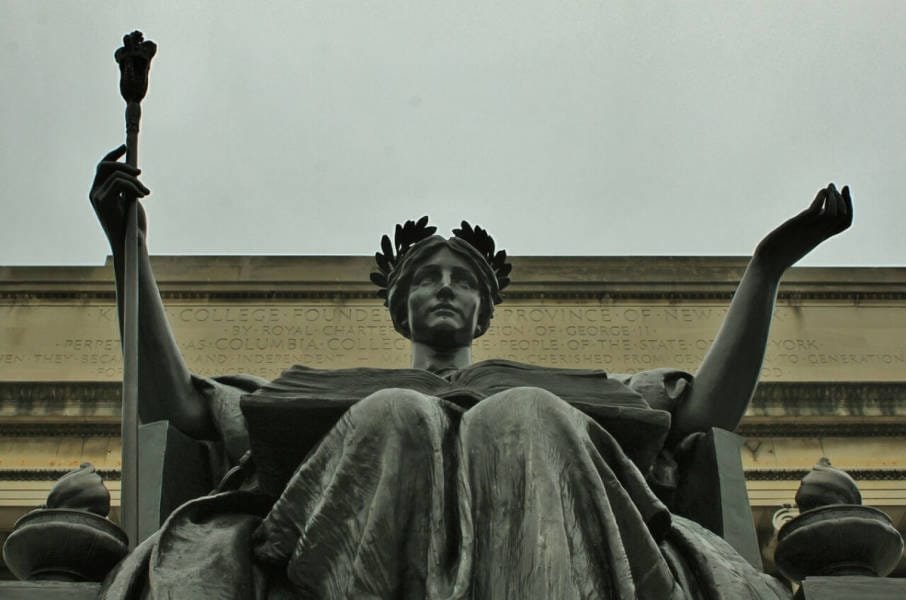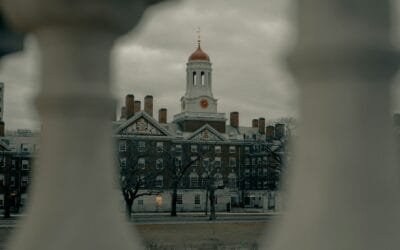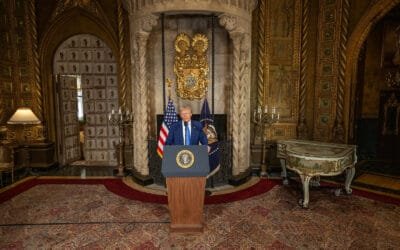In many states, a prerequisite to the practice of law is membership in the state bar association. This is called the integrated, or unified, bar. Many of these integrated bar associations support legislation and take positions on controversial issues.
An extreme example occurred in 1982. The California State Bar Association, under the leadership of its then president, Anthony Murray, used its compulsory membership fees to support the reelection campaign of State Supreme Court Chief justice Rose Bird. Murray took an aggressive stance. He described Bird’s opponents as “self-seeking prosecutors and lawyers who want to be judges,” “unscrupulous politicians,” “bullies,” and “political mercenaries who are trying to pull down our legal system.” The statements of her opponents were characterized as “the idiotic cries of self-appointed vigilantes.”
In the words of one court: “Naturally, dissenters are offended by being forced to underwrite their own public vilification.” A number of such dissenting lawyers, led by Eddie Keller and supported by a conservative group, the Pacific Legal Foundation, filed suit seeking to have the propagandistic activity of the State Bar Association declared unconstitutional. They relied on a line of cases decided by the United States Supreme Court holding that a union’s propagandistic activities must be financed only by assessments from employees who do not object to the positions taken.
They were not the first. About twenty-five years earlier, a Wisconsin lawyer, Trayton L. Lathrop, paid his bar dues under protest because, as he said, “I do not like to be coerced to support an organization which is authorized and directed to engage in political and propaganda activities.” He contended that this violated his rights of association and free speech. His case reached the United States Supreme Court in 1961. The Court ruled that the integrated bar violated no one’s right of association because the only obligation was to pay dues. The free speech issue was not decided. Four justices ruled that this question was not ready for decision, since Lathrop had not alleged any specific positions taken by his Bar Association with which he disagreed.
In the Keller case, the California Supreme Court ruled that the Bar Association may take positions germane to its statutory purposes but may not engage in campaign activity. It distinguished the union cases by characterizing the unified bar as a government agency which “may use dues for any purposes within the scope of its statutory authority.” This would include extensive propagandistic activity.
This decision has been declared a partial victory for the Keller camp; in fact, it is a total defeat. The restriction placed on the State Bar is negligible.
Two similar cases were brought in federal district courts and appealed to courts of appeal. The first was instituted by a Wisconsin lawyer, Steven Levine. He won his case in the district court but lost in the Seventh Circuit Court of Appeals. The other was brought by a group of lawyers in the Virgin Islands. They lost in the trial court; the Third Circuit made a ruling similar to that of the California Supreme Court.
Messrs. Keller and Levine have filed petitions seeking review in the United States Supreme Court. From reading the opinions in these cases, one gets the impression that the issue is difficult. Thomas Jefferson would have found it easy: “[T]o compel a man to furnish contributions of money for the propagation of opinions which he disbelieves, is sinful and tyrannical . . .”
Copyright © The Association for Objective Law. All rights reserved. Republished in Capitalism Magazine by permission of TAFOL.










